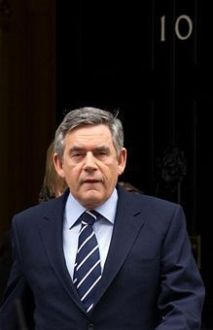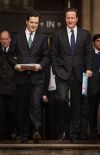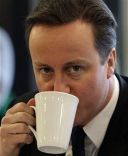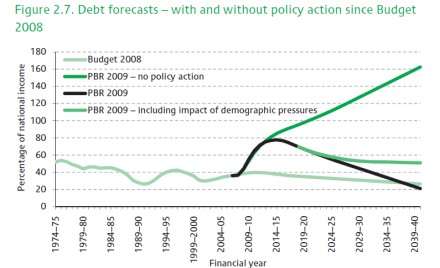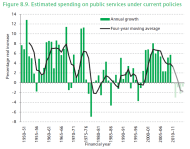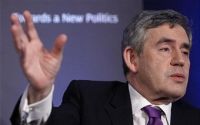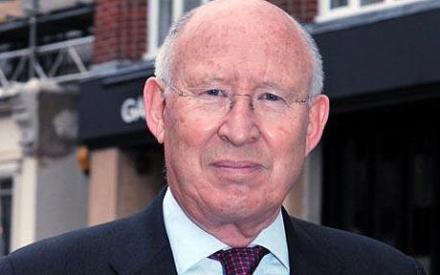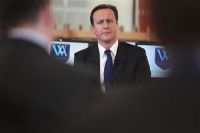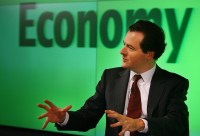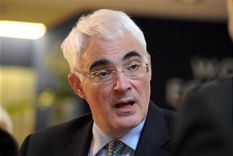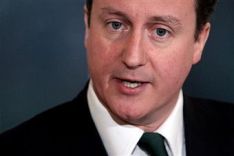The chip on Brown’s shoulder
So the former roadblock is now a born-again reformer – and, like most born-again types, he wants everyone to know about it. Writing in today’s Guardian, Gordon Brown sells his proposal for a referendum on the alternative vote system as “a rallying call for a new progressive politics.” And, from there, he gallops through written constitutions, Lords reform and digital democracy. Watch him go. Amid it all, though, I couldn’t help noticing that the PM repeats a key mistake from last year: “I am inviting the leaders of all parties to engage positively in these debates and back our constitutional reform and governance bill. So far the Conservative leadership
